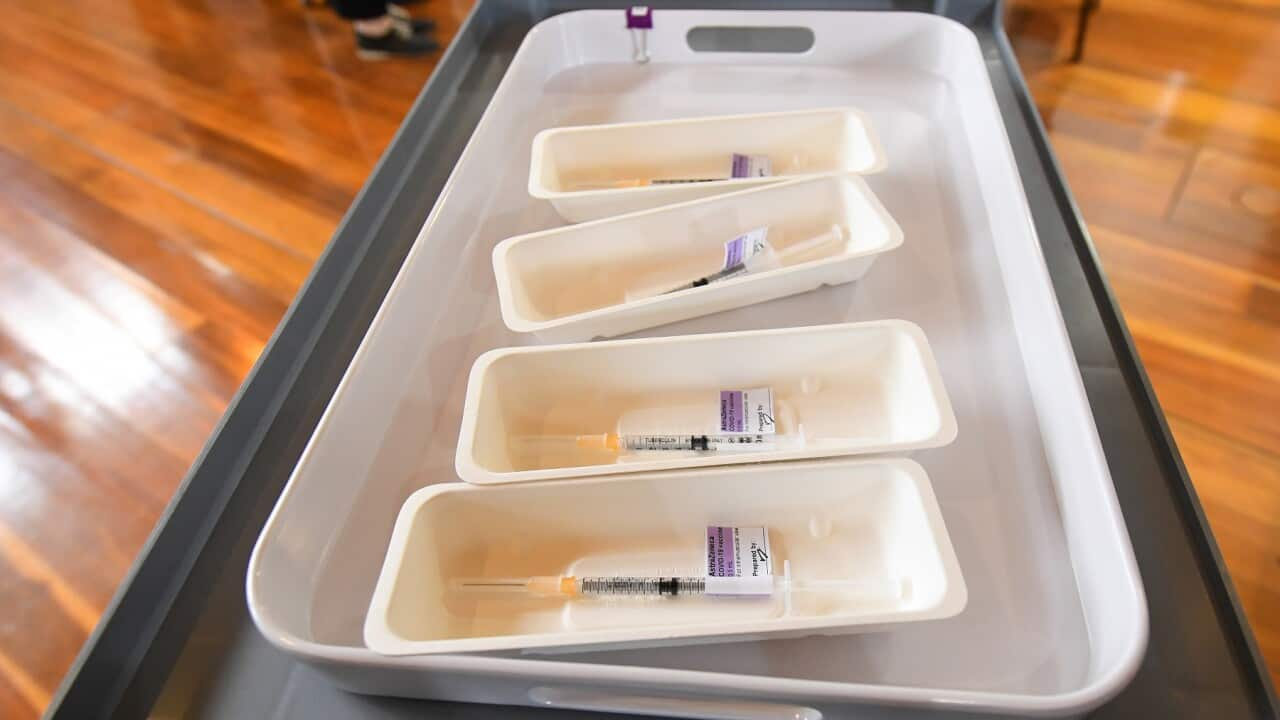If a million women take the pill for a year, roughly 500 of them will develop a blood clot.
While the rate of blood clots caused by the AstraZeneca vaccine sits at roughly one in every 250,000.
That's according to Dr Jenny Doust, a practicing GP and clinical professorial research fellow at the University of Queensland.
She said that because women take the pill every day the risk of developing blood clots is technically lower with the pill than with the vaccine.
The types of clotting caused by the pill are different to clotting caused by the vaccine.
Thrombosis is the most common blood clot associated with the pill , which is a clot in the leg, with a low risk of fatality.
"Whereas the blot clot associated with the AstraZeneca vaccine is a much more serious type of blood clot. Its a blood clot in the brain and that has a 25% risk roughly of death...I don't think we should be comparing the two things at all." she said.
Download the free SBS Radio app to listen live and on-demand or explore podcasts.




